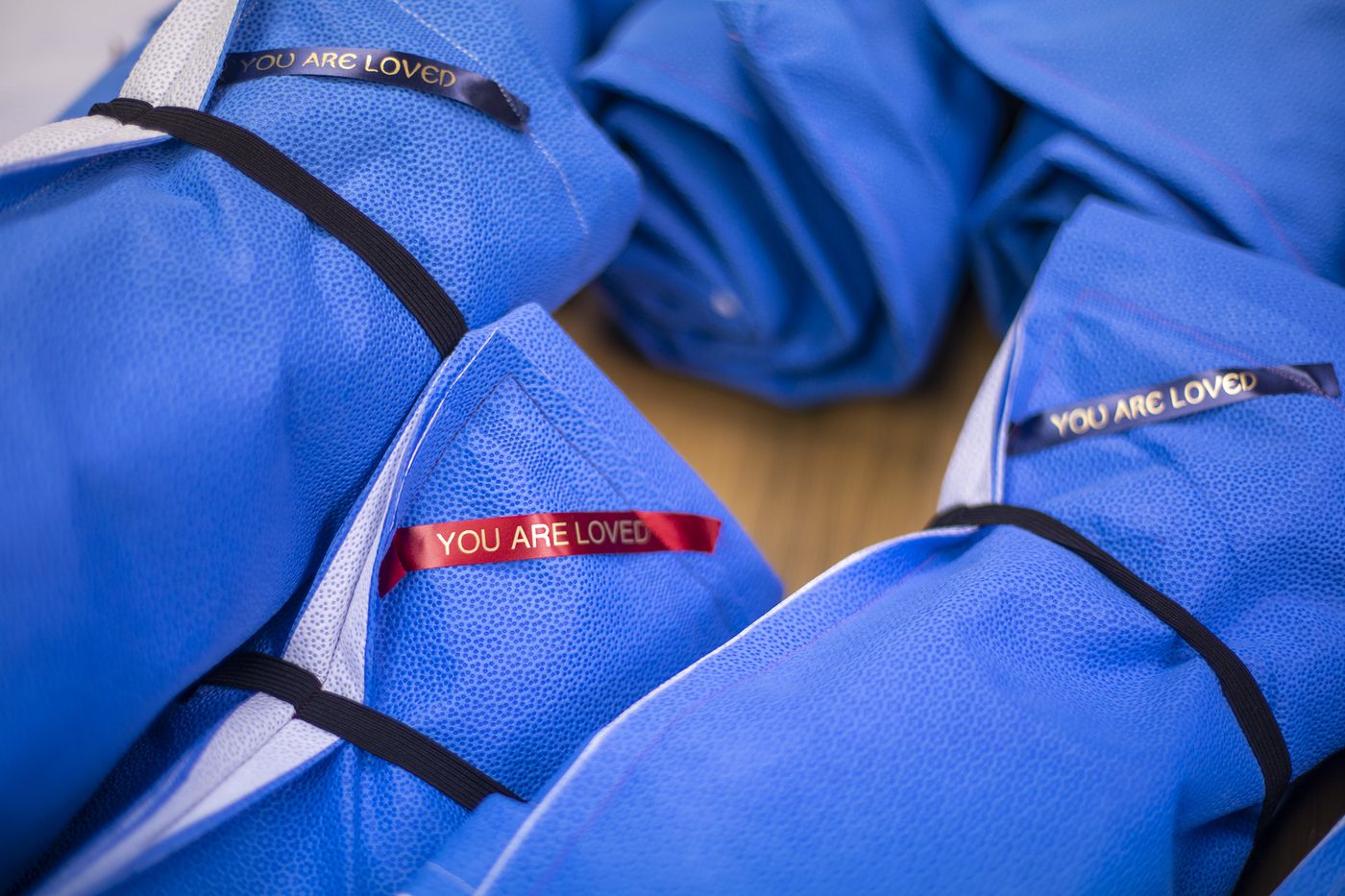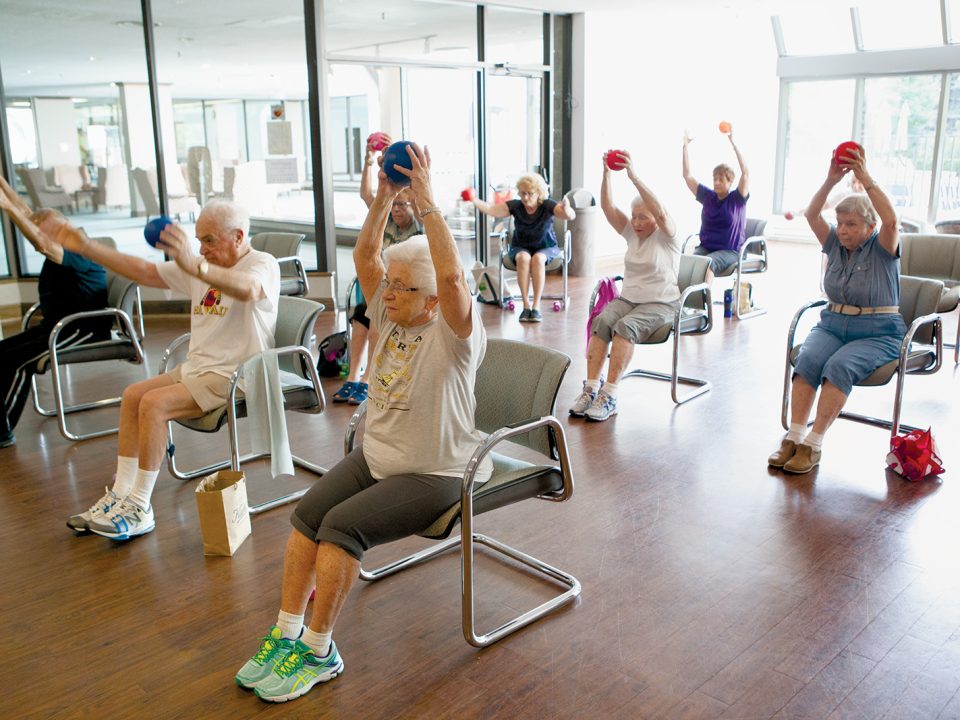
Nursing team make sleeping mats and tote bags for the homeless out of discarded operating room fabric.
August 22, 2019
Australia moves to new assessment model for international nurses
September 10, 2019Inspiring young people to develop their careers within aged care

Inspiring young people to develop their careers within aged care
Not-for-profit aged care provider, Whiddon, is aiming to boost awareness and inspire young people into a career in aged care following a report that found tertiary students are unlikely to consider a career in the sector.
The research suggests 62% of young people about to enter the workforce with their tertiary qualification do not consider a career in aged care.
A YouGov Galaxy survey of Australian tertiary students found 57% believe aged care employment is “a job” rather than “a career”.
Three in ten tertiary students (30%) did not see a “clear career path” in the industry and 46% were not likely to consider working in the sector because they didn’t have relevant experience.
The research also found 37% of survey participants had limited knowledge around the industry and careers in aged care and one in five (17%) of young tertiary students would not enter aged care because of what they have heard from the media.
Chief Executive Officer of Whiddon, Chris Mamarelis, says providers of aged care services need to find ways to overcome the perceived barriers and encourage young people to view aged care as a feasible career path.
“As our older population continues to grow, we need to proactively inspire the stars of the future, especially in regional and rural areas,” says Mr Mamarelis.
“Aged care is one of the most fulfilling and stimulating industries a person can be part of, but the research indicates we need to increase awareness about the opportunities that exist and the more fulfilling aspects of a career in aged care.
“By educating young people now on the dynamic and rewarding range of roles and aged care pathways, we can strengthen this vital industry for decades to come.”
67% of tertiary students from the survey say they want a fulfilling and meaningful career that helps others, as well as 61% of participants wanting the opportunity to advance in their field.
While there is a huge need for more workforce staff, Mr Mamarelis believes the industry must put more effort into showing the virtues of working in aged care.
Ms Mamarelis explains this is especially important when public opinion is at an all-time low and there are many misconceptions around the industry that is discouraging young professionals from entering the sector.
This issue is compounded with the industry expecting an outflow of employees from the aged care field in the near future.
Research has found that perceptions of the sector can be improved through exposure and mentorship from aged care nurses, which is why Whiddon is currently piloting a student mentoring program in regional New South Wales and Queensland.
The program engages tertiary students in health and care studies and matches them with registered nurses and non-clinical mentors at Whiddon to promote experiences, personal insight and career progression in aged care.
Mr Mamarelis says, “The student mentoring program takes a relationship-based approach, by tailoring one-one-one discussions in a way that is meaningful to the individual, to gain insights and have open discussions about the challenges and rewards of this career.
“Programs like this are important to complement formal skills training so students are aware of the opportunities available and where they can lead to.”
Kearra Lord, Deputy Director of Care Services at Whiddon Kyogle in New South Wales, has experienced the same misconceptions around the industry when she first started her career and understands the current issues around recruiting young professionals to the sector.
“The typical reaction I got from both students and teachers was that I shouldn’t be starting my career in aged care, because it was ‘not a young person’s career’. But dedicating my career to aged care has turned out to be the best decision I ever made,” says Ms Lord.
“There is a perception that in aged care you do the same thing every day, when in reality I’ve been exposed to so many opportunities in this industry, from working closely with health professionals to develop care plans for residents, to leading teams and wards, mentoring young professionals and developing training programs.
“Most importantly, you really become part of these people’s families and nothing can beat the reward of knowing you’ve made a meaningful difference to their lives every day.”
This article was originally published on The Aged Care Guide at www.agedcareguide.com.au on 16/8/19 by Liz Alderslade.










